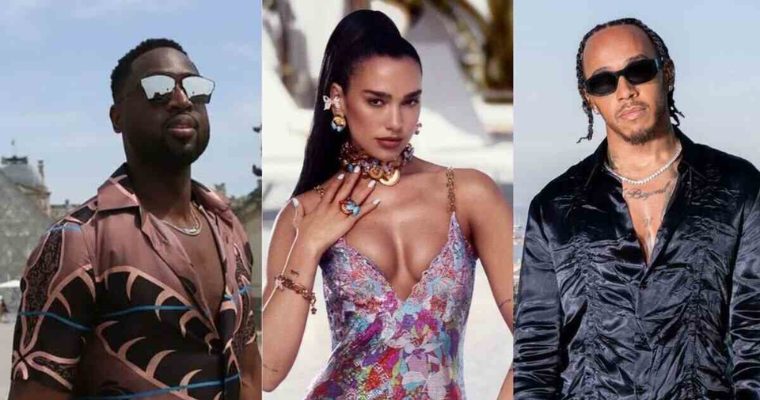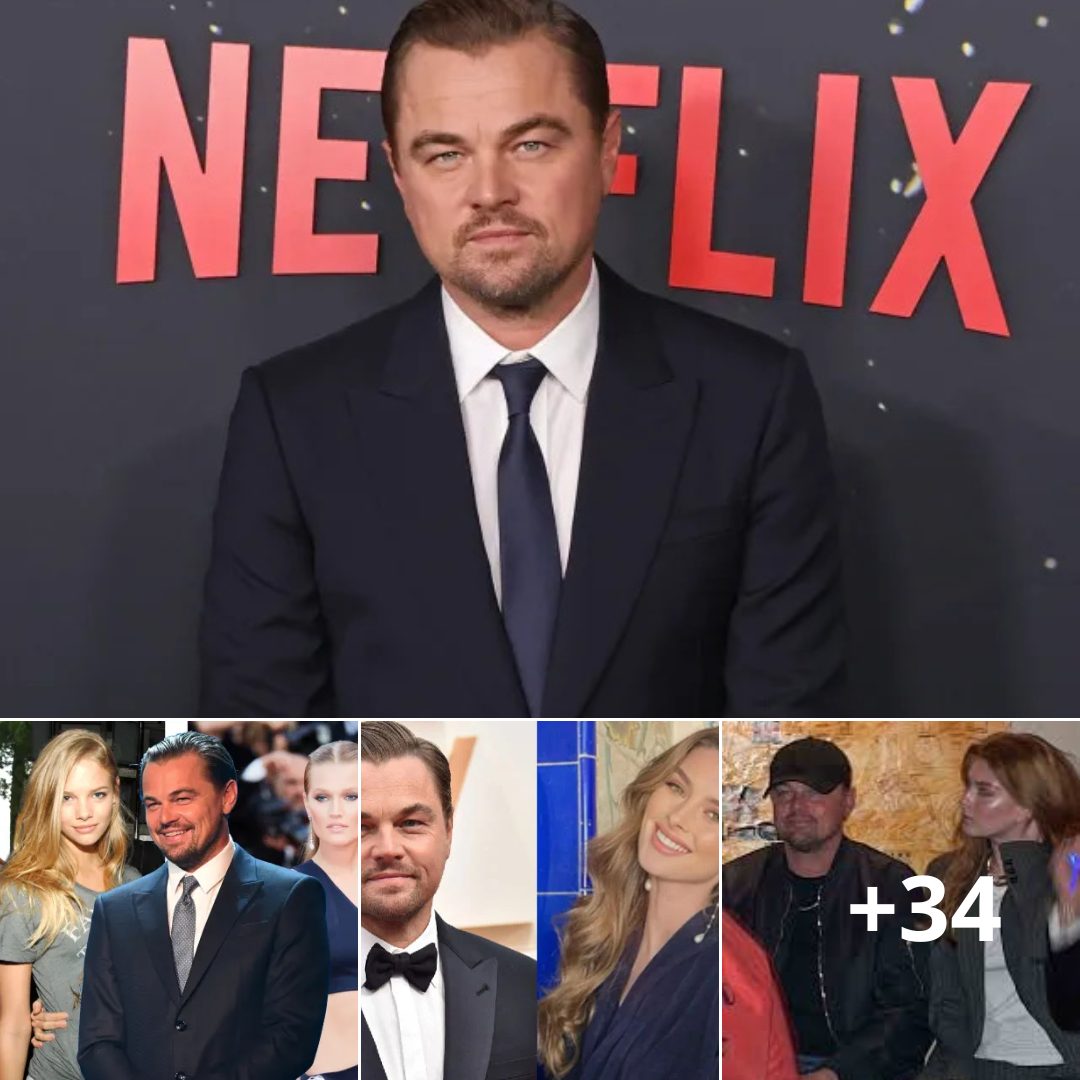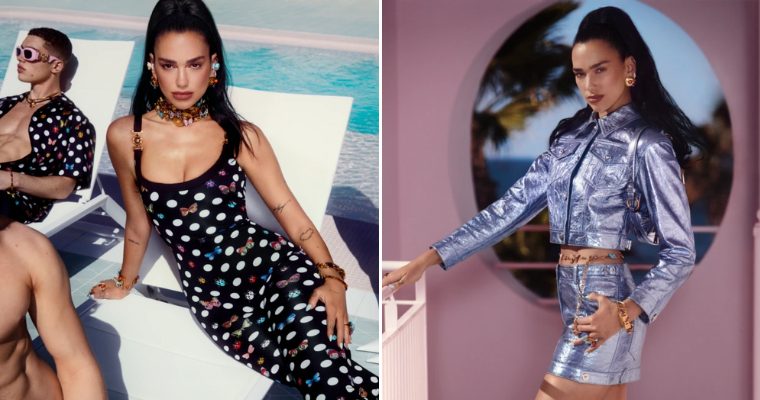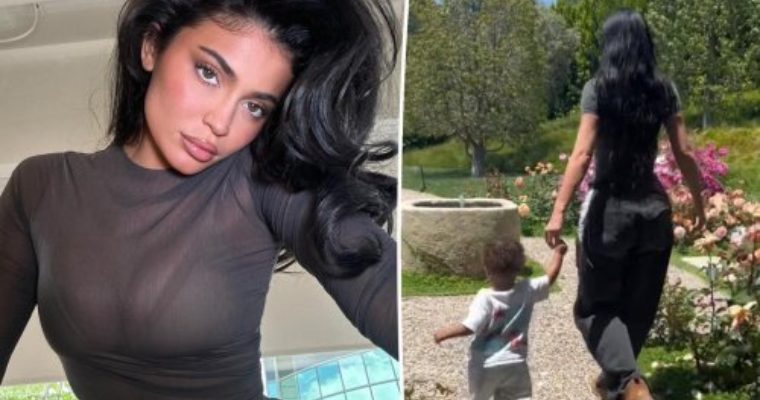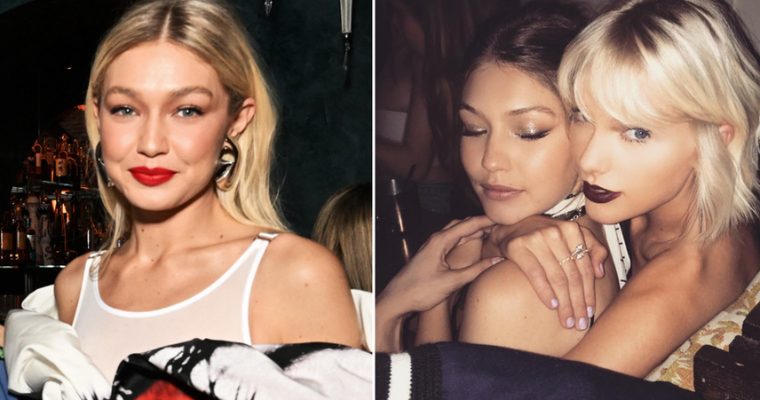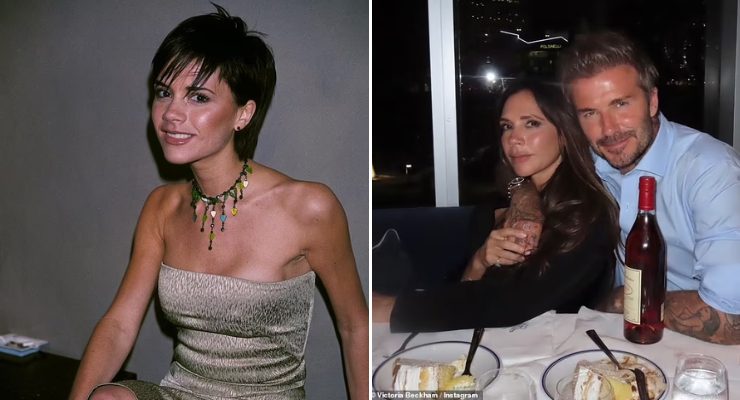Ahead of what was expected to be a largely quiet NBA trade deadline, Kyrie Irving and the Brooklyn Nets quickly changed the landscape. After contract talks had failed between the two sides, Irving sought to be traded and landed with the Dallas Mavericks.
Irving had drawn no shortage of criticism for seeking to be traded. However, the nuances of individual decisions often need to be addressed in the broader conversation but often are not. Irving, who is playing on a $36.5 million expiring salary, had to ensure he is finishing his season with a team willing to give him a desirable contract since his Bird rights enable him to be re-signed by exceeding the salary cap.
“Why doesn’t anyone have the ability to ask for trades? That’s my question,” Irving said when asked if trade requests are bad for the NBA. “When did it become terrible to make great business decisions for yourself and your happiness and peace of mind? Not every employer you’re going to get along with, so if you have the chance to go somewhere else and you’re doing it legally, I don’t think there’s a problem with it.”

With the Nets being reluctant to offer a long-term contract without stipulations that tied compensation to winning a championship or having minimums for games played, Irving’s situation was bound to result in a trade request. He wanted to land with a team that would be more appreciative of his services.
“Speculation and narratives is what makes this entertainment kind of seem a little bit more important or more of a priority than it actually is,” Irving said. “Like, it’s my life. It’s not just a dream that everybody can gossip about. … When you work as hard as I do or anyone else in a specific profession, I feel like you should have the liberty and the freedom to go where you’re wanted, where you’re celebrated and where you feel comfortable.”
The Nets ultimately traded Irving to the Dallas Mavericks in exchange for Spencer Dinwiddie, Dorian Finney-Smith, a 2029 first-round pick, and multiple future second-round picks. Given the robust trade packages that have gone out for recently traded elite players, landing an All-Star starter for that low cost was an opportunity that a Mavs team previously devoid of a co-star for Luka Doncic could haven’t pass up.

After Irving was traded, Durant was left without a co-star. It was clear that he would be next in line to be traded. The Nets wanted to avoid that outcome, but he requested to be moved and again expressed his desire to land with the Phoenix Suns, just as he had done in the summer when he first requested to be moved.
“Teams have been trading players and making acquisitions for a long time,” Durant said. “Now when a player can kind of dictate where he wants to go and leave in free agency and demand a trade, it’s just part of the game now. So I don’t think it’s a bad thing. It’s bringing more and more excitement to the game.”
While Irving’s future was more related to his contract and a general sense of being “tolerated” instead of “celebrated,” Durant’s was more about seeing the writing on the wall regarding a crumbling aspiring contender no longer facing an outlook to win. The window was shut and it was time to move on.

“You want teams to be in a position with smart management where they can rebuild or make smart moves or, frankly, with both teams and players, work themselves out of bad relationships,” NBA commissioner Adam Silver said. “You want to find the right balance. You want, obviously, players to honor their contracts, and at the same time a certain amount of player movement is good.”
When reviewing most of the trade requests made around the NBA, almost all of them will have to do with the window for their team to be finished, a disconnect at the negotiation table regarding a contract or a clash with the front office. Would it be better for a disgruntled superstar like Durant to be stuck on a mediocre team? Or is the NBA more entertaining when he’s competing on the biggest stage with talent?
Source: yardbarker.com



